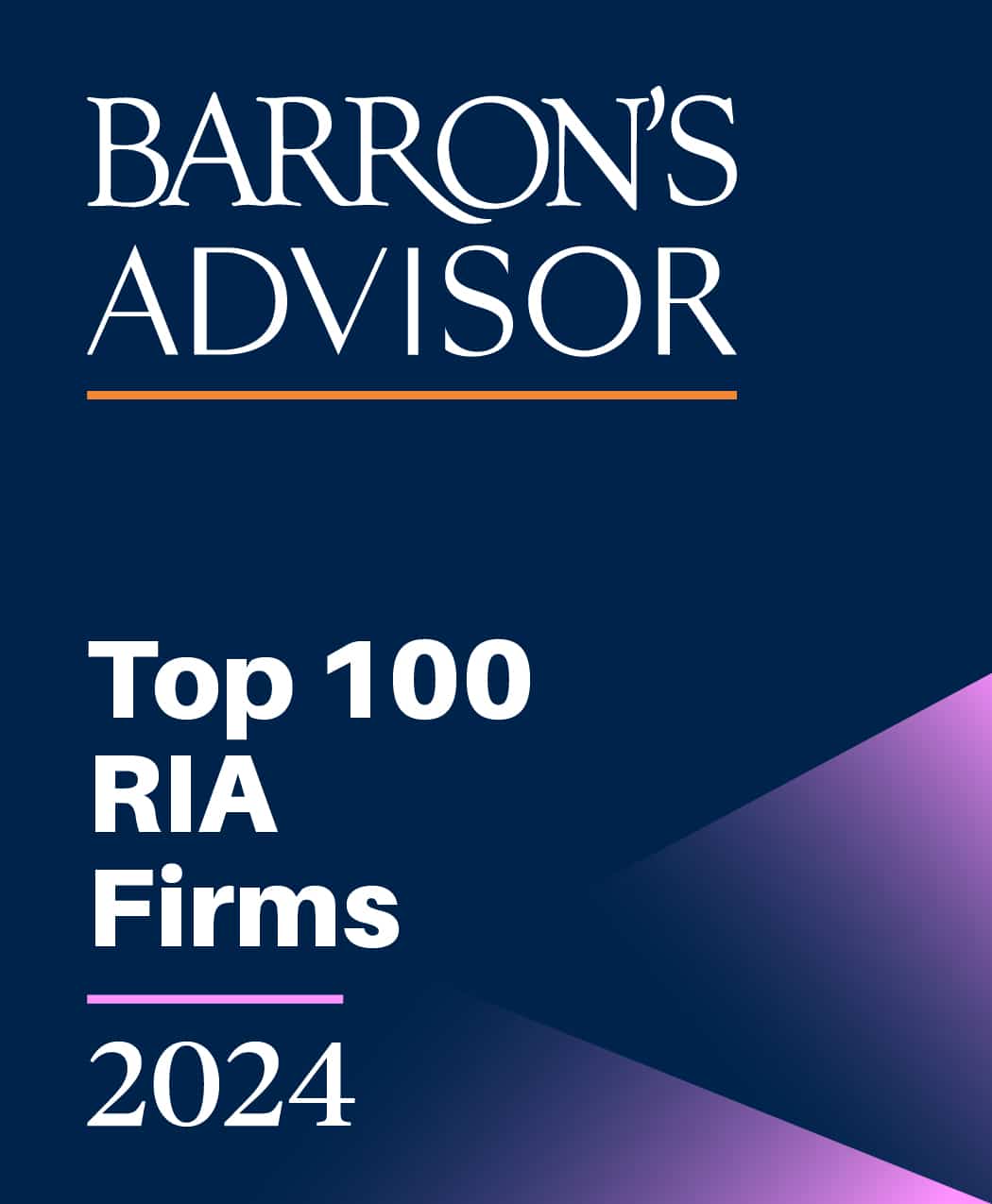Do you own a small business? Perhaps you have established a limited liability company to own real estate? Or to run your consulting business through? Under the Corporate Transparency Act (CTA), which took effect on January 1, 2024, you may now be required to file a Beneficial Ownership Information Report (BOIR) to the U.S. Department of Treasury’s Financial Crimes Enforcement Network (FinCEN) to identify those who have significant control or ownership of the company.
Reporting Company
The CTA was enacted in 2021 to help combat illicit activities such as tax fraud, money laundering, and terrorism financing by capturing more detailed ownership information about certain U.S. businesses. The act targets domestic and foreign corporations, limited liability companies, limited liability partnerships, or any other entities established with a secretary of state (or foreign equivalent) and requires such companies to document and identify beneficial owners of the companies. A “beneficial owner” is anyone who directly or indirectly holds a significant stake in a company. This includes individuals who:
- Have substantial control over the company’s decisions or operations; and
- Own at least 25% of the company’s equity.
Beneficial Ownership Report Information and Updated Filings
All companies subject to the CTA must provide specific details, including:
- The legal name of the company, any trademarks, and its current U.S. address (either the principal place of business or, for foreign companies, their U.S. location).
- The company’s taxpayer identification number and the jurisdiction in which it was formed or registered.
For anyone considered a beneficial owner of an entity, he or she will be required to provide the following personal information:
- Name;
- Date of birth;
- Address; and
- An identifying number from an acceptable identification document, such as a passport or U.S. driver’s license, and a copy of the document.
All such information may be uploaded to FinCEN’s secure online portal at https://boiefiling.fincen.gov/boir/html (a site that serves as a useful resource for any business that may be required to file a BOIR).
- FinCEN began accepting BOIRs on January 1, 2024.
- A reporting company created or registered to do business before January 1, 2024, will have until January 1, 2025, to file its initial BOIR.
- Reporting companies created or registered on or after January 1, 2024, and before January 1, 2025, will have ninety calendar days to file their initial BOIRs after the creation of their entities.
- Reporting companies created or registered on or after January 1, 2025, will have thirty calendar days to file their initial BOIRs after the creation of their entities.
While the CTA does not require annual filings, changes to the business may necessitate updated filings, including:
- A beneficial owner changing his or her address or name (due to marriage, divorce or otherwise);
- A beneficial owner obtaining a new driver’s license or passport; and/or
- Operational changes that may result in someone new having significant control, even if he or she does not own part of the business (i.e., delegating new authority within the company).
Penalties
Failure to meet these deadlines or to update the information as required may lead to severe penalties, including civil penalties of up to $500 per day. Providing false or misleading information is a criminal offense with criminal penalties of $10,000 and up to two years imprisonment.
Exempt Entities
The CTA includes exempts several entities from its reporting requirements, including:
- Companies listed on U.S. stock exchanges;
- Banks, credit unions, insurance companies, broker-dealers, investment advisors, and money services businesses (MSBs);
- Companies that: (a) have over twenty full-time U.S. employees; (b) generate over $5 million in annual revenue; and (c) have a physical U.S. presence (an office or principal place of business);
- Nonprofit organizations and subsidiaries of exempt entities; and
- Inactive companies (with no assets or business activities for over one year).
To comply with the CTA, start by determining if the act applies to your business and identify your Beneficial Owners. Implement a system to collect and verify ownership information and review your policies to ensure they align with CTA requirements. Importantly, seek advice from your corporate advisors to confirm you are meeting all obligations and address any specific business concerns. While the CTA may seem complex, with proper preparation and support, you can navigate this compliance requirement effortlessly.
Because of the potential liability associated with these filings, Homrich Berg cannot provide specific guidance, and companies that need additional assistance should contact their attorney or CPA.
Authored by Managing Director & Family Wealth Strategist Drew LaGrande, J.D., LL.M., and Principal & Family Wealth Strategist Abbey Flaum, J.D., LL.M.
Important Disclosures
This article may not be copied, reproduced, or distributed without Homrich Berg’s prior written consent.
All information is as of the date above unless otherwise disclosed. The information is provided for informational purposes only and should not be considered a recommendation to purchase or sell any financial instrument, product, or service sponsored by Homrich Berg or its affiliates or agents. The information does not represent legal, tax, accounting, or investment advice; recipients should consult their respective advisors regarding such matters. This material may not be suitable for all investors. Neither Homrich Berg, nor any affiliates, make any representation or warranty as to the accuracy or merit of this analysis for individual use. Information contained herein has been obtained from sources believed to be reliable but are not guaranteed. Investors are advised to consult with their investment professional about their specific financial needs and goals before making any investment decision.
©2024 Homrich Berg.


